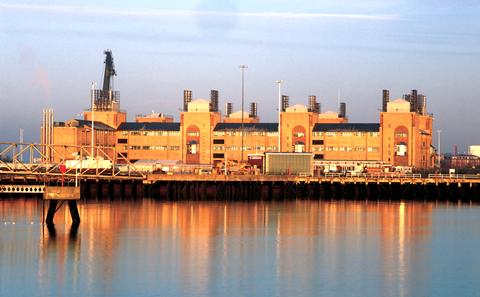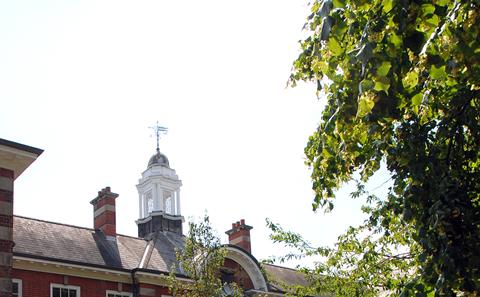Appendix 4: Fieldwork and related University contributions and Costs
This appendix covers all programmes offered in Ocean and Earth Science that include fieldwork.
Fieldwork: introduction
Experience of working in the field is an essential part of your learning process and is also widely regarded as valuable in personal development.
Please note that circumstances may dictate that some field-courses are timetabled within part of the vacation period.
For compulsory residential field courses, accommodation and travel are provided (for Independent Geology Mapping a fixed amount is provided to cover these costs for the least expensive area). You are usually expected to cover the costs of food and drink, although some courses may include meals. For optional field courses, students are asked to make a contribution to the travel and/or accommodation costs. Details are provided in the table below.
Please note that if a field course is compulsory for your degree programme and you later move from that degree programme to one where that field course is optional, you will be charged for the cost of that field course. To provide an example: students on the MSci Marine Biology programme undertaking the field course to Bermuda will be charged the full cost of the field course if they later choose to transfer to the BSc Marine Biology degree programme.
In addition to the field courses mentioned in this booklet, there are also one-day field courses associated with specific modules; students are expected to cover food and drink costs for these days, but transport is arranged and paid for by the department. As the department arranges transport, should students wish to make their own way to or from field courses, then they must meet these costs themselves.
Additional Information
SOES3020: Tenerife Field Course
As this is an overseas field course which requires the department to make early flight bookings to minimise costs, students who pre-register for this module will be liable for the full flight costs if they subsequently opt not to take the module.
SOES3025: Independent Geology Mapping
Precise costs depend on specific arrangements made by students and on individual destinations. The department undertakes to cover the costs for accommodation and travel up to the cost of the least expensive destination, and currently provides £500 per student.
SOES6052: Tropical Field Course
This field trip is optional and open only to MSci Marine Biology and MSci Biology with Marine Biology students. Students are expected to fund their travel and to provide their own snorkelling equipment, including 3mm-thick wetsuit. The total cost is currently expected to be no more than £800-900. The department provides full board, IT and lab facilities and course-related travel whilst on Bermuda.
Notes:
Where a student contribution is made, invoices will be issued approximately 2 weeks prior to the start of a field course and payment will be due within 7 days.
Dates and costs are correct at the time of going to press.
Fieldwork equipment
Geology and Geophysics students
• Geology and Geophysics students will need a minimum amount of field equipment and this is provided by the department. Most will be provided during Induction.
• Geology students receive: compass-clinometer; geological hammer; hand lens; waterproof field notebooks (quantity depends on degree programme); steel tape measure; safety helmet; clip board; safety goggles; bottle for dilute hydrochloric acid; outdoor first aid kit; 3 mapping pens; grain size comparator cards.
• Geophysics students receive: compass-clinometer; hand lens; waterproof field notebooks (quantity depends on degree programme); steel tape measure; safety helmet; clip board; safety goggles; bottle for dilute hydrochloric acid; outdoor first aid kit; 3 mapping pens; grain size comparator cards.
• All Geology and Geophysics students are recommended to purchase the following items: a pair of compasses; set squares; protractor; pencils (including coloured); eraser; University-approved calculator.
• Geology and Geophysics students will also need to provide their own walking boots, waterproof clothing, and a rucksack; some students purchase a ‘Weather writer’ which affords more protection for maps in wet weather.
• Some of the items not included in the induction pack can be purchased from the department/University. Please visit Room 161/05, Level 1, NOCS.
Marine Biology and Oceanography
• Marine Biology students will receive a lab coat, dissection kit and waterproof notebook during Induction.
• Oceanography students will receive a lab coat and waterproof notebook during Induction.
Insurance (travel, medical, personal property and baggage)
Students are automatically insured whilst on University organised field courses undertaken as part of their official studies, including field work.



